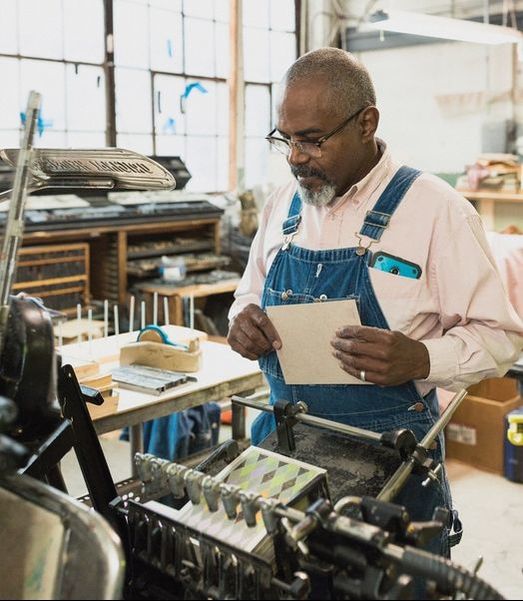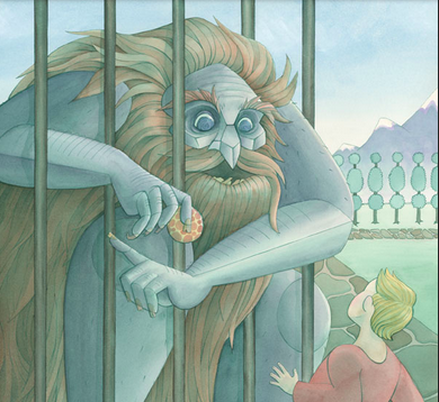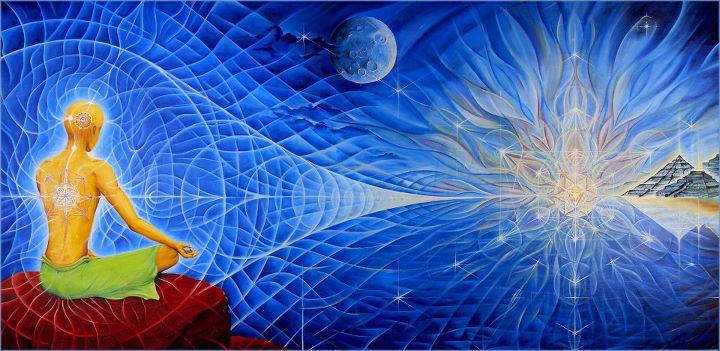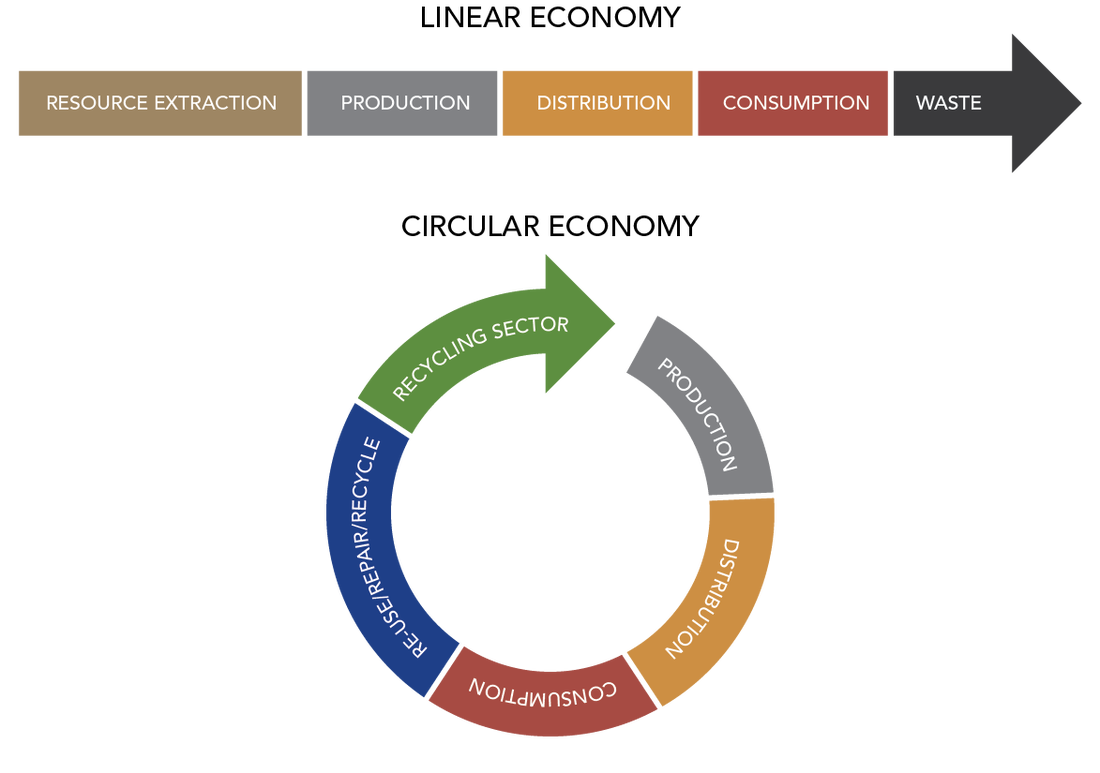The 2008 documentary Proceed and be Bold! featured the life of printing press artisan Amos Kennedy who left at age 40 his corporate 9-5 job. Read here some quintessential extracts from a recent interview with Kennedy in 99U.
AK: Kennedy’s greatest contribution might be his insistence on living a life of his choosing, one with low overhead that enables a healthy balance of work and play. He subscribes to the idea that all humans should do what they can to be happy, and that the “pursuit of happiness” is not an American luxury but a must for humanity. “Following your bliss and being happy is a human trait,” Kennedy says. “I think it being corrupted is a trait of advanced civilization because you have to corrupt it in order for people to submit to advanced civilization—what we call an advanced civilization.”
99U: You have—and have had—many admirers and apprentices. Your son Adric prints, too. What are you teaching them besides printing?
AK: I think I’m just showing them that there’s an alternative lifestyle, that pursuing what makes you happy will do exactly that. With that comes a lifestyle that you can be comfortable with. I will never own a Mercedes-Benz, but that’s okay. I don’t need a Mercedes-Benz. I have something else. Because I think a lot in this nation and civilization… a lot of consumerism, it’s like what they say about a heroin junkie. You get that high. It goes away. You can function for a little bit, but then you got to go get that high again. But each high is just a little less high than the last one. I really think consumerism functions at that level in this society.
After reading the article I recall the Benedictine monk, David Steindl-Rast, who spoke at TEDglobal in 2013 on gratefulness. He tells us that it isn’t happiness that makes us grateful, it is gratefulness that makes us happy. The key is to change from grateful experiences, i.e. receiving something FOC - you know that feeling when you get an unexpected discount - to grateful living, i.e. becoming aware that every moment is given to us FOC.
He certainly has a point there, but Amos Kennedy cogently tells us why it is so difficult for ordinary people to develop this kind of grateful living: we are corrupted by society. It is only a Benedictine monk who basically lives like a scamp, who can tell folks who are stuck in a life of wanting to build a family, trying to be a good mother or father, to stop, look and go. It is a hermit’s advice, which is difficult to follow in a world, which has formed us into loyal consumers who haul their offspring into swamps of peer pressure.
I also watched a documentary about Steindl-Rast’s life, which was produced by a friend for the Austrian national TV on the occasion of his 90th birthday in 2016. Although I truly admire, no in fact envy him for the simplicity of his chosen path, I understand that a hermit monk without the obligations and duties which come with having family, can easily stop and think day in and day out. All those who need to compromise between family and work, know that there is not much time left for quiet complacency; and even if there is, it takes courage and lots of discipline to establish such a habit. Moreover, it is much easier to choose an ascetic lifestyle of gratitude if one is born into an aristocratic and wealthy family like Steindl-Rast, growing up in a posh Viennese villa. Those who start out in life with nothing naturally yearn first of all for material wealth and in case they succeed in acquiring that desired wealth all too often forget that it is to be balanced with spiritual wealth. Steindl-Rast was lucky to be able to take a route, which is closed for the average man.
Change will not only be possible by changing moments of gratitude into a lifestyle of gratitude, but by reorganizing the very basic structures in our societies, including the distribution of wealth and thus making it easier for more people to follow Steindl-Rast’s path. He points at this required change by calling for a revolution which does not invert an existing power pyramid, but creates a network of small groups who intimately know each other and alleviate the burden of the nuclear family. It is after all the nuclear family which is the smallest unit in modern consumer societies and the very organizational pillar of a capitalist economy. Instead of being able to share duties, responsibilities and stuff, we are conditioned to own and do everything ourselves.




